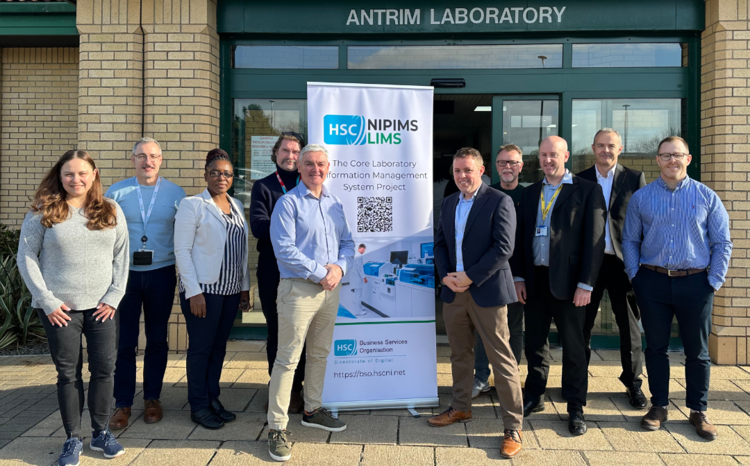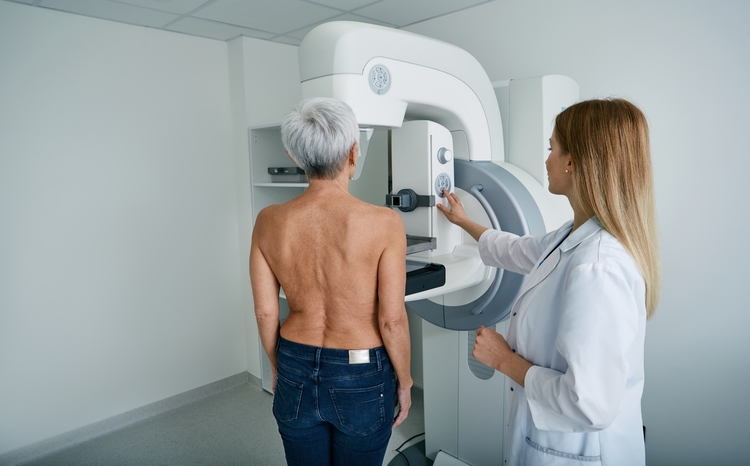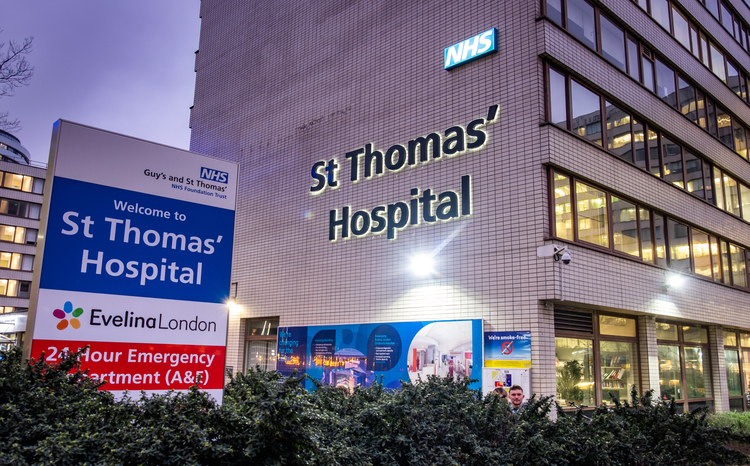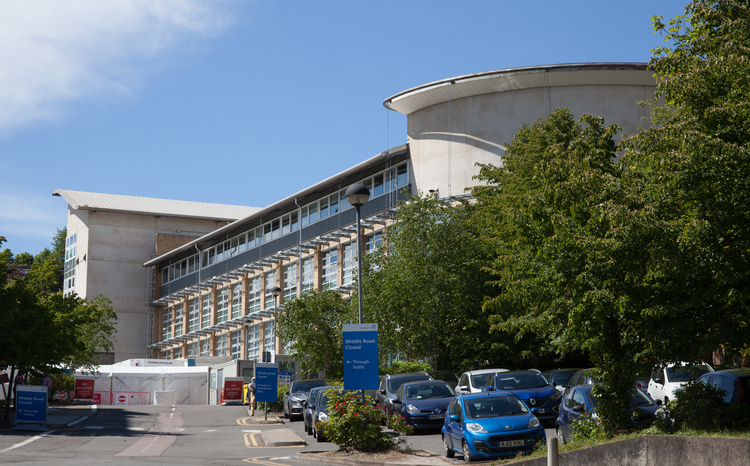Great Ormond Street Hospital for Children (GOSH) is leading a trial of healthcare AI assistant TORTUS to evaluate whether it could increase face-face time between patients and clinicians during NHS appointments.
TORTUS uses ambient voice technology with generative AI to listen to consultations and draft clinic notes and letters, which are edited and authorised by a clinician before being uploaded to the electronic health record system and sent to patients.
GOSH is leading a pan-London, 5,000 patient assessment of TORTUS in a range of healthcare settings, funded by NHS frontline digitisation, with the aim of evaluating the use of ambient voice technology in the NHS at scale.
The London-wide assessment, which began in June 2024 and is due to end in February 2025, will include GP settings, adult hospitals, A&E departments and mental health services.
It follows initial phases of the pilot, between December 2023 and April 2024, in which the AI assistant was tested by clinicians from a range of specialties at GOSH.
Dr Dominic Pimenta, chief executive at TORTUS, said: “Our research partnerships with GOSH and NHS London have accelerated the evaluation of TORTUS technology, and we are now safely implementing TORTUS across other NHS primary, secondary and social care.
“The work clearly shows the potential of AI and digital health solutions to massively improve clinicians’ working lives, relieve burdens in the system and improve patient experience simultaneously.
“As with any newly adopted health technology, we must continue to study and monitor the progress and generate more evidence as we expand the capabilities of the technology.”
Following an early phase of the trial with professional medical actors playing the parts of patients, Tortus was tested in 100 outpatient appointments at GOSH with patients who consented to take part.
Dr Maaike Kusters, paediatric immunology consultant at GOSH, said: “The patients I see in my clinics have very complex medical conditions and it’s so important to make sure I capture what we discuss in our appointments accurately, but often this means I am typing rather than looking directly at my patient and their family.
“Using the AI tool meant I could sit closer to them face-to-face and really focus on what they were sharing with me, without compromising on the quality of documentation.”
After the pilot is evaluated it will be decided whether to deploy TORTUS more widely.
Martin Machray, director for improvement, transformation and partnerships in London at NHS England, said: “Ambient voice technology is a great example of how AI could be used to support clinicians and improve patient care, so it’s fantastic to see this being evaluated in different NHS settings across London.
“Technology is already transforming the way we work in the NHS in London, and we will continue to embrace the latest innovations to deliver the best possible care for patients, moving towards a digitally-enabled healthcare system for the city.”
Dr Pimenta is confirmed to speak at the co-located AI and Data conference at Digital Health Rewired 2025, which takes place at the NEC in Birmingham on 18-19 March 2025.







